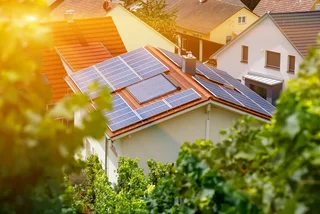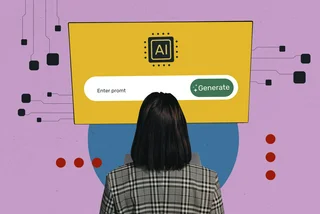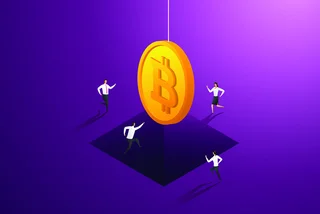The Czech government is trying to limit the impact of the Europe-wide energy crisis, introducing proposals to ensure supply shortages don't lead to huge price increases for households.
Yet despite these efforts, the difficult situation throughout Europe is likely to mean higher costs throughout 2022, according to outgoing Minister of Industry and Trade Karel Havlíček, a member of Prime Minister Andrej Babiš’s ANO party.
Havlíček has predicted increases in the price of electricity by 30-50% next year, and even bigger increases of 50-70% for gas. “It is assumed that these increases could be for most of next year,” he said.
Proposals to limit the impact of this price hike tabled by the government would see VAT and the standard “renewables fee” offsetting the use of fossil-fuel-based energies wiped off customers’ bills. But the price hikes predicted by Havlíček mean even this is unlikely to prevent higher final costs; it’s thought both proposals would together reduce energy payments by around 35%.
As the government aims to change the system of contributions to renewable energies, it's clear that the energy crisis is also presenting a major stumbling block to the Czech Republic’s steps to combat climate change. Almost half of the annual amount spent by the country on renewable energy comes from these private contributions.
The government has meanwhile blamed the EU’s emissions trading scheme, designed to limit the circulation of fossil fuel energies, for artificially creating the supply crisis. The Czech Republic has joined neighboring Poland in criticizing the current emissions scheme, asking for 400 million emissions allowances previously withdrawn by the European Commission to be returned to the market.
Even before the energy crisis drove up the price of EU emissions allowances, Babiš complained that the cost of fossil fuel energies was rising much more quickly than the EU previously stated, arguing emissions have become the subject of “speculative capital.”
In the long-term, the Czech Republic sees the solution to the shift away from fossil fuels in the expansion of its nuclear power sector. But for Havlíček, nuclear power still won’t be adequate “for another 15 to 17 years," and until then the country will still be dependent on traditional fossil fuels.
PARTNER ARTICLE
In this context, arguments over the EU's emissions trading scheme and the decision to cut households' contribution to renewable energy illustrate a tricky balancing act for the Czech Republic over the coming years. The country will need to fulfil expectations to shift away from fossil fuels while keeping domestic energy providers in good health. The bankruptcy of Bohemia Energy as a result of the energy crisis in October this year, which has resulting in around 150,000 households still using expensive “suppliers of last resort,” is a cautionary tale.
The factors contributing to Europe’s energy crisis, including low supplies from Russia and inadequate reserves left over from last winter, are beyond the Czech Republic’s control, but it’s up to the government to ensure that the price of the crisis isn't ultimately paid by consumers. And with increasing costs of fossil fuels set to be a regular feature of the coming years, the country must also find ways to ensure that a long-term shift to renewables doesn't cause similar crises in the future.












 Reading time: 2 minutes
Reading time: 2 minutes 



























